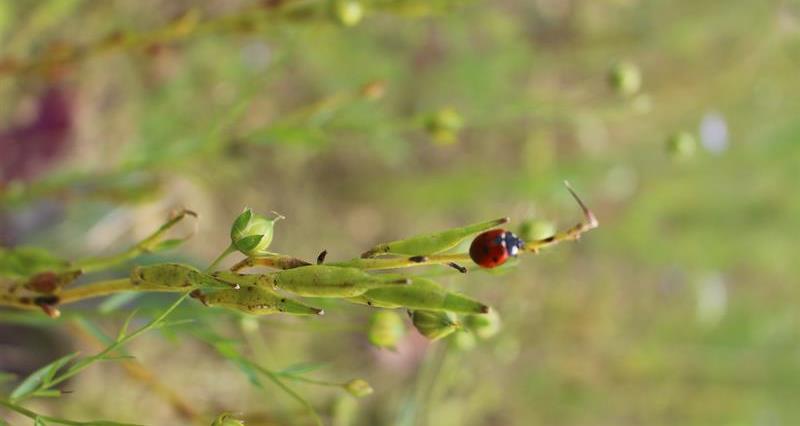Ongoing research from the PCN (Potato cyst nematodes) Action Scotland project has reinforced the importance of soil testing as the basis of IPM (integrated pest management) strategies for managing PCN this spring.
The research, led by Dr Price, a molecular biologist and nematologist at the James Hutton Institute in Scotland and project lead for PCN Action Scotland, indicates that targeted management of the pest not only by population, but also by species is key.
Dr Price explains: “Part of our project work is to help highlight the value of accurate and early PCN detection through soil testing to effectively combat this pest to growers.
“Given that cysts are about half a millimetre in size, it’s crucial to soil test thoroughly and sample appropriately to understand the population. Knowing your specific issue and disease pressure is a vital part of knowing what next steps to take.”
Best practice guidelines
Dr Price also highlights the precision needed for soil sampling. “Our advice is to understand your soil, determine what’s in there—both good and bad—and establish the PCN population at species level, whether it’s Globodera pallida or Globodera rostochiensis.”
If soil sampling indicates the need for nematicides such as fosthiazate as part of an IPM strategy, the NSP (Nematicide Stewardship Programme) group advises growers to follow its ‘Best Practice Protocol for Safe Application’, as NSP chair Patrick Mitton explains.
“With the planting season nearly upon us, we strongly recommend growers and operators revisit our best practice guidelines when it comes to using nematicides, to protect the environment and ensure operator safety.
“Our advice is to understand your soil, determine what’s in there—both good and bad—and establish the PCN population at species level”
Molecular biologist and nematologist Dr Price
“The principles recommend operators hold PA4 or PA4G certification, complete the Nematicide Stewardship e-learning, and be NRoSO members.
“Along with soil sampling to assess pest pressures, seek advice from a BASIS-qualified agronomist before using granular nematicides.
“Proper calibration is also critical – ensure equipment is inspected by NSTS (National Sprayer Testing Scheme) and regularly monitored during application to meet Red Tractor requirements," he adds.
Growers are encouraged to visit the NSP website to update their knowledge on best practices for fosthiazate granule nematicide application before planting.
The NSP website also offers a detailed guide: Code of Good Practice for the application of nematicides.
What is the NSP?
The NSP was formed in 2015, to promote the correct use of granular nematicides.
The programme includes all stakeholders involved in the supply, distribution and use of these products, along with those who purchase crops, including representatives from the NFU, PPA, Syngenta UK Ltd, Red Tractor Assurance, FPSA, NIAB and agrochemical distribution
Find out more about the NSP and to sign up to the ARTIS e-learning



